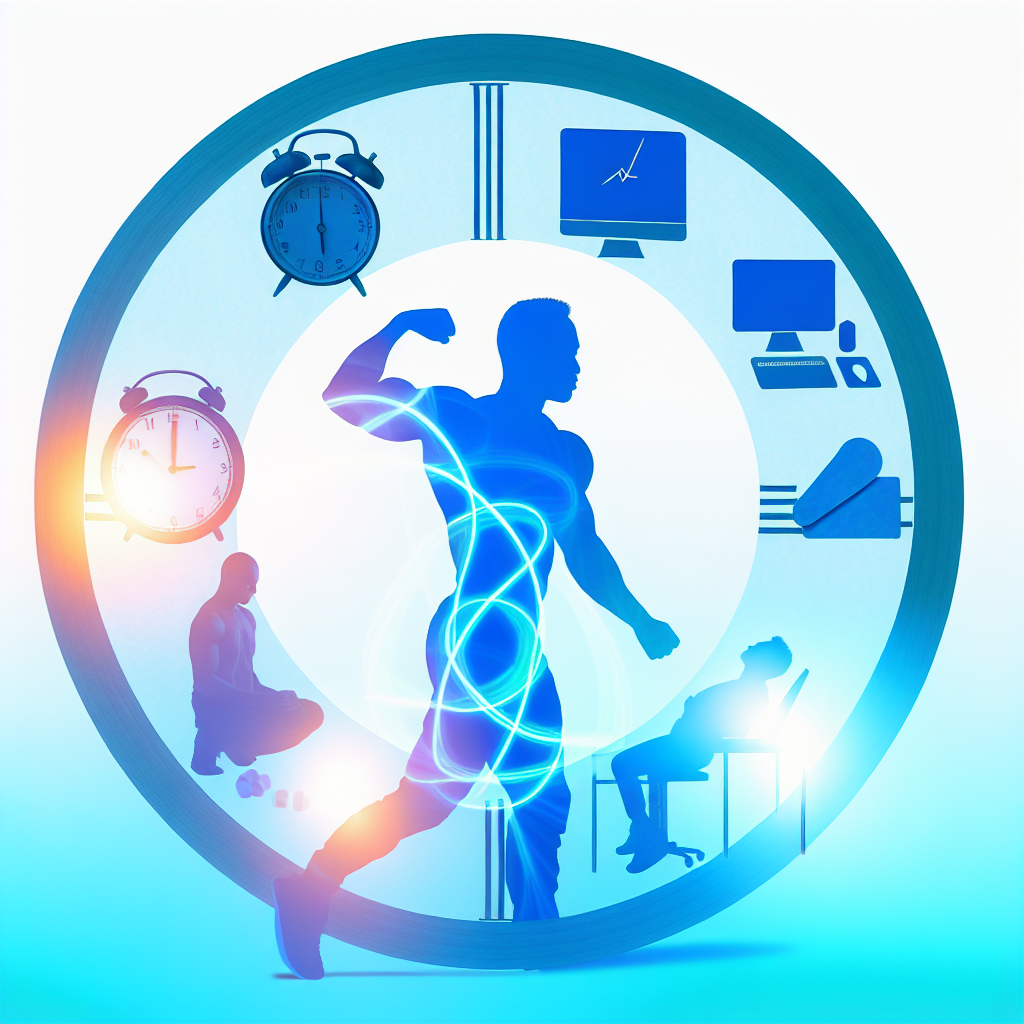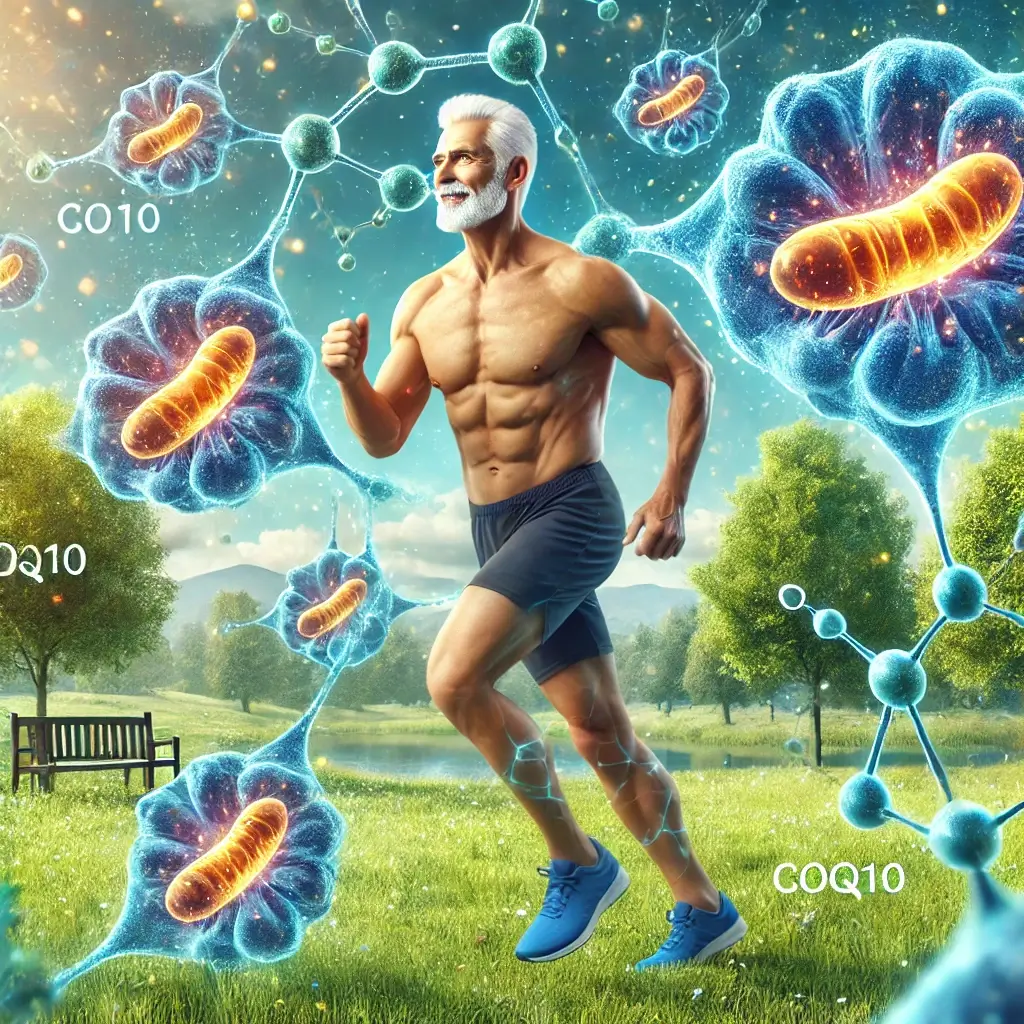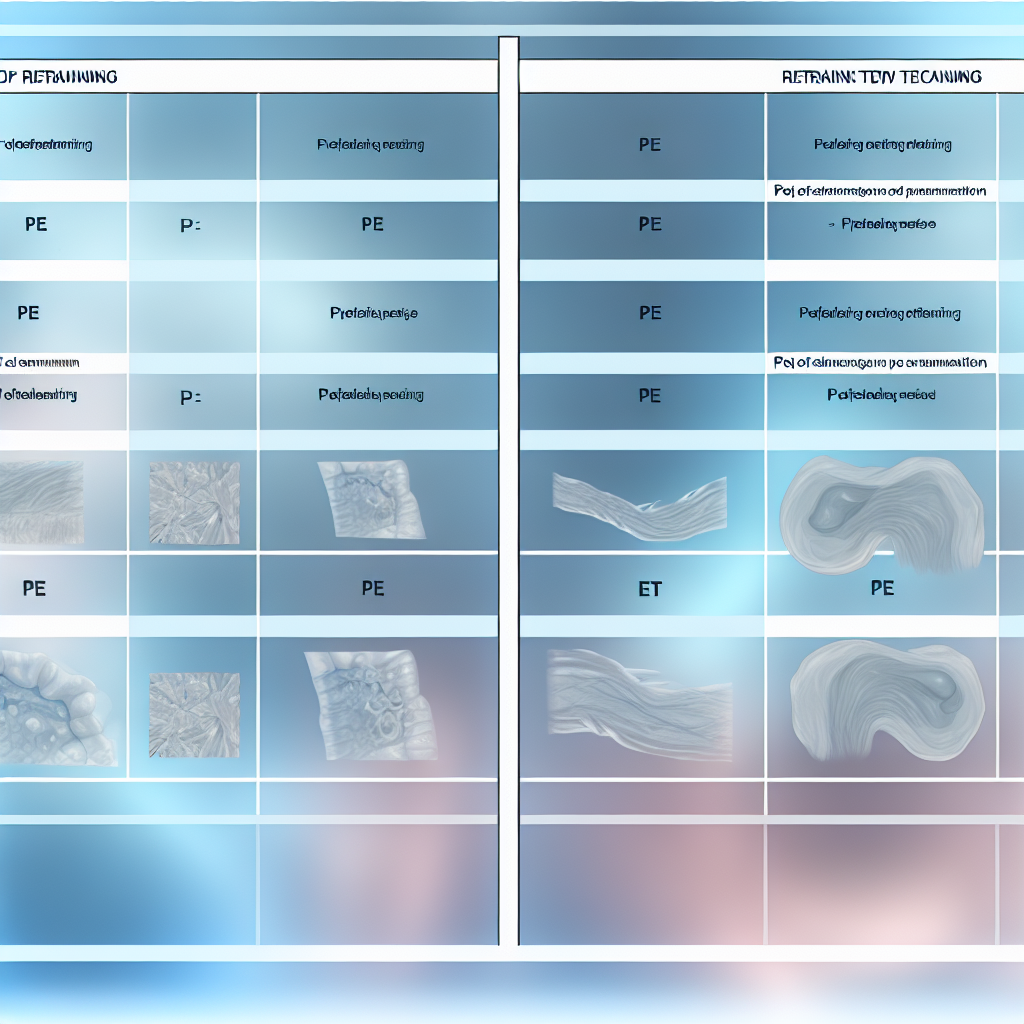Work Shift Sleep Protocols: Circadian Rhythm Management for Men’s Health
Summary: This guide explores how non-traditional work schedules disrupt circadian rhythm and harm men’s health—especially hormones like testosterone. It provides evidence-based strategies to minimize health risks using chronotherapy, blue-light regulation, napping, and proper use of melatonin. Resources from JAMA, WHO, and AASM support how shift workers can protect their hormonal health, cardiovascular system, and cognitive functions. Whether you’re a young night shift worker or an older man navigating late-career demands, these circadian alignment strategies offer tools to perform better and safeguard long-term wellbeing.
Introduction
In today’s 24/7 world, the traditional 9-to-5 is no longer the standard. Millions of men—from high school students to seniors—work non-traditional shifts. While necessary in fields like healthcare, law enforcement, logistics, and tech, this scheduling leads to a critical downside: disruption of the body’s internal clock, or circadian rhythm.
When forced to stay awake or sleep against natural light-dark cycles, the body experiences misalignment leading to numerous health problems including reduced hormone levels—especially testosterone—mental fatigue, depression, cardiovascular disease, and even cancer risks.
This article reveals how shift workers can mitigate these risks using scientifically backed sleep routines, light exposure tools, and other circadian management protocols. Whether you’re a delivery driver or a factory technician, this guide is your roadmap to stronger health during off-hour shifts.
What Are Circadian Rhythms and Why Do They Matter?
Circadian rhythms are internal biological processes that regulate daily cycles like sleep, hormone secretion, and digestion. Governed by the suprachiasmatic nucleus (SCN) in the brain, the body responds to environmental cues—chiefly light exposure—to maintain its natural 24-hour rhythm.
Shift work can impair this system, leading to “circadian misalignment.” According to the National Institute for Occupational Safety and Health (NIOSH), this misalignment increases risks of sleep disorders, heart disease, digestive issues, and mood instability.
Disrupted Sleep Hurts Testosterone and Hormonal Integrity
Testosterone production is highest during deep sleep phases. Studies show even a single week of poor sleep (less than five hours per night) can slash testosterone by 10–15%. A 2011 study in JAMA confirmed a major drop among healthy young men following restricted sleep.
For men juggling demanding physical or mental tasks, this shortfall translates to greater fatigue, poor focus, low libido, and muscle breakdown. Older shift workers are even more vulnerable, since testosterone naturally declines with age and poor sleep exacerbates the drop.
Shift Work Amplifies Risk for Chronic Illness
Long-term shift work links directly to greater disease risk. A meta-analysis in Occupational and Environmental Medicine reports night shift workers face a 23% higher chance of developing coronary heart disease.
Additionally, the World Health Organization classifies night shift work as a probable carcinogen due to melatonin suppression. Melatonin, a hormone released in darkness, supports immune regulation and cellular repair. Chronically low levels diminish the body’s ability to suppress tumor growth and trigger DNA repair.
Use Chronotherapy to Combat Shift Work’s Toll
Chronotherapy involves timing your activities—like sleeping, eating, and exercising—in sync with or against light cues to better control your circadian rhythm. For night shift workers, this may involve:
- Bright light exposure early in your shift to boost alertness
- Blocking blue light after your shift using amber glasses or screen filters
- Consistent meal times that reinforce internal clock signals
As shown in findings from the Journal of Biological Rhythms, managed light intake during work hours improves cognitive alertness, mood, and digestion.
Power Naps and Light Control: Simple Sleep Tools That Work
Strategic napping before shifts enhances alertness and reduces fatigue. The American Academy of Sleep Medicine recommends 15–20 minute naps 1–2 hours before night shifts.
Light control is just as vital. Using daylight-mimicking lamps or working under bright overhead lights during overnight shifts helps suppress melatonin and keeps you awake. After work, removing exposure to light signals the body to wind down. Blue-light blocking glasses or red-spectrum lights help initiate melatonin flow naturally.
Can Melatonin Help Shift Workers?
Melatonin supplements can be beneficial if used precisely. The Sleep Medicine Reviews journal supports melatonin’s role in correcting circadian disorders—but mistimed use can hurt more than help.
Ideal use involves taking 0.3 to 1 mg of melatonin about 30–60 minutes before your intended sleep time, particularly after a night shift. Too much melatonin or poor timing may worsen sleep cycles or reduce effectiveness.
Make sure to consult a healthcare provider to find the perfect dosage and timing tailored to your shift schedule and body type.
Final Thoughts: Invest in Your Circadian Health for Long-Term Performance
Managing your circadian rhythm is not optional for shift workers—it’s a foundational component of health care and disease prevention. From hormone replenishment to immune defense, circadian timing regulates all critical systems.
By applying simple but effective practices like timed naps, light therapy, structured eating, and careful melatonin supplementation, men can significantly reduce the health risks associated with irregular work hours.
Key Takeaways:
- Use blue-light therapy early in shifts to stay alert
- Wear blue-light blockers post-shift to induce melatonin naturally
- Eat meals at the same times daily to re-anchor body rhythms
- Time short naps strategically to boost memory and alertness
- Consult your doctor before using melatonin or sleep aids
Protect your sleep like your life depends on it—because it does.
References
- JAMA: Effect of 1 Week of Sleep Restriction on Testosterone Levels in Young Healthy Men
- National Institutes of Health – Circadian Rhythms Fact Sheet
- WHO IARC: Night Shift and Carcinogenic Risks
- Shift Work and Coronary Heart Disease – OEM Journal
- Chronotherapy Research – NCBI
- American Academy of Sleep Medicine Shift Work Protocols
- ScienceDirect: Melatonin and Circadian System
🎯 Know someone working night shifts or rotating hours? Share this article to help others regain control of their health and hormone balance through smarter sleep strategies. 🌙💪

Dominic E. is a passionate filmmaker navigating the exciting intersection of art and science. By day, he delves into the complexities of the human body as a full-time medical writer, meticulously translating intricate medical concepts into accessible and engaging narratives. By night, he explores the boundless realm of cinematic storytelling, crafting narratives that evoke emotion and challenge perspectives. Film Student and Full-time Medical Writer for ContentVendor.com




